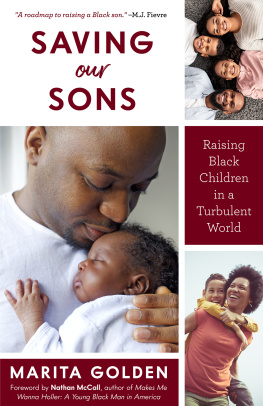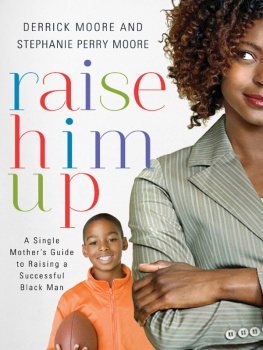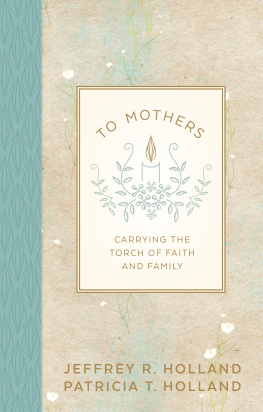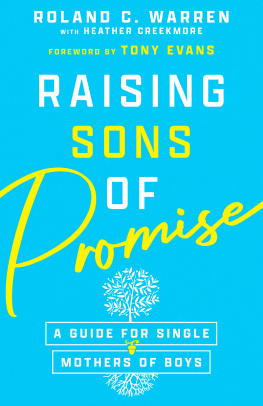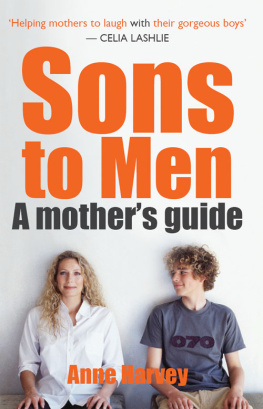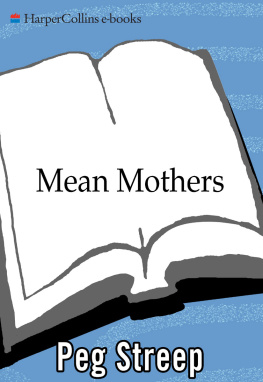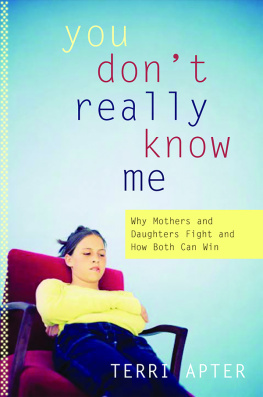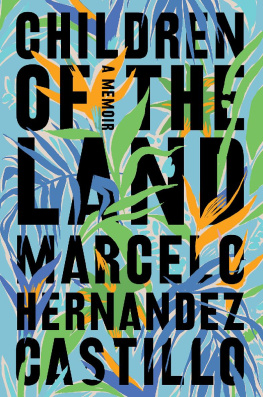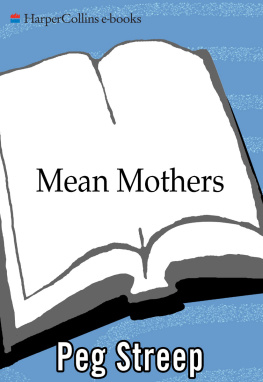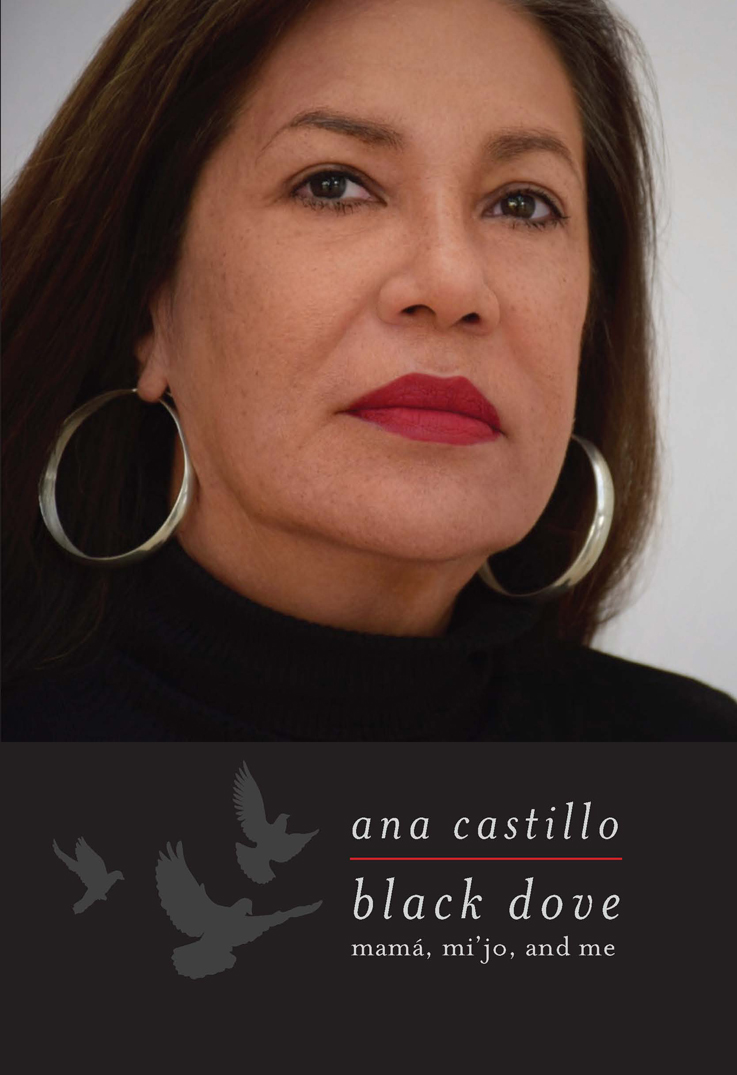
Published in 2016 by the Feminist Press at the City University of New York
The Graduate Center
365 Fifth Avenue, Suite 5406
New York, NY 10016
feministpress.org
First Feminist Press edition 2016
Copyright 2016 by Ana Castillo
All rights reserved.

This book is supported in part by an award from the National Endowment for the Arts.

This book was made possible thanks to a grant from New York State Council on the Arts with the support of Governor Andrew Cuomo and the New York State Legislature.
No part of this book may be reproduced, used, or stored in any information retrieval system or transmitted in any form or by any means, electronic, mechanical, photocopying, recording, or otherwise, without prior written permission from the Feminist Press at the City University of New York, except in the case of brief quotations embodied in critical articles and reviews.
First printing May 2016
Cover photo and design by Drew Stevens
Text design by Suki Boynton
Library of Congress Cataloging-in-Publication Data
Names: Castillo, Ana, author.
Title: Black dove : essays on mama, mijo, and me / Ana Castillo.
Description: New York : The Feminist Press at CUNY, 2016.
Identifiers: LCCN 2015048671 | ISBN 9781558619241
Subjects: LCSH: Castillo, Ana. | Castillo, AnaFamily. | Mexican American women authors20th centuryBiography. | Mothers and daughtersUnited StatesBiography. | Mexican American familiesBiography. | Mexican AmericansSocial conditions20th century. | BISAC: BIOGRAPHY & AUTOBIOGRAPHY / Personal Memoirs. | FAMILY & RELATIONSHIPS / Parenting / Motherhood. | FAMILY & RELATIONSHIPS / Parenting / Single Parent. | BIOGRAPHY & AUTOBIOGRAPHY / Cultural Heritage.
Classification: LCC PS3553.A8135 Z46 2016 | DDC 814/.54dc23
LC record available at https://lccn.loc.gov/2015048671
To all those who dare to dreamnot necessarily for riches and famebut for everyone on the planet to live with dignity.

And to the loves of my life, my children: Marcel and Mariana Castillo.
May the future always hold for them grace and joy.
Table of Contents
Guide
Contents

My grandparents Mara de Jess and Santos Rocha and their son, Rudolfo.
Perhaps some of you may come away from this book feeling that my stories have nothing to do with your lives. You may find the interest Ive had in my ancestors as they were shaped by the politics of their times, irrelevant to your own history. My story, as a brown, bisexual, strapped writer and mother, constantly scrambling to take care of my work and my child, might be similarly inconsequential. However, I beg your indulgence and a bit of faith to believe that maybe on the big Scrabble board of life we will eventually cross ways and make sense to each other.
If you reside in the United States, whether you are able to vote or pay taxes, then know that you and I have much more in common than not. Know that we may differ greatly in opinion, but only a handful in the world make decisions that affect the majority, and that majority includes you and me. If we question what passes for truth or the veracity of any point of view, these days bombarded and overloaded as we are with random sound bites, know also that knowledge sets you free. Knowledge makes you strong. Not scattershot information gleaned off the Internet or the opinions of Facebook friends, but checking and cross-checking your resources, going to the source, radical curiositythat kind of knowledge.
I focus my observations on my own background because it has been critical throughout my life to find out who I am. You see, I never saw me in history books. I didnt find women who looked like me in the Edna St. Vincent Millay sonnets I fell in love with at sixteen in my secretarial schools library. That wasnt me or my mother in the paintings I studied at my beloved Art Institute of Chicago. I didnt see us on television or at the symphony or the ballet. We werent in white smocks in hospitals or running for office. In public schools, I grew up without a single Latino instructor with whom to identify; indeed, I had none in college. The Latino student organization I participated in demanded a Chicano instructor and we finally prevailed in my last year, welcoming a young ABD sociologist not much older than those of us hed teach. And yes, having that changed my life. What I heard in his class left me astounded and affirmed.
You may be interested in math and science or business and profit. You might want to work with destitute children in faraway places, or you may be wishing for the chance to make enough money to buy your mother a home someday to say you achieved your dream. We all aspire to something, which is why we are here. The dreams vary, but we remain in the same world at the same time. My message to you, the next generation of dreamers, begins with a summary of an earlier generationnot mine, but that of my grandmother.
We all know that this young and mighty country in which we live was built on the literal blood, sweat, and tears of many people from diverse backgrounds and places. The United States is a young country, because in comparison to civilizations that go back millenniaEgypt, China, Japan, the Incas, Romeit is a scant couple hundred plus change years old. When it was about half its age, right before the twentieth century, there was great energy and excitement in building a railroad system that would revolutionize exports and imports and continue this countrys prosperity. The president of Mxico and the US government worked jointly on this effort. It was a time of enormous gains for the United States. For Mxico, not so muchexcept for the few in power who became rich. Then they had a civil war. As a result of the Mexican Revolution a hundred years ago, my paternal ancestors migrated north and settled in Chicago. My father was born in that city of unforgiving winters and steamy beach summers, asphalt all around and the factories that Jane Addams so protested, the reeking slaughterhouse on Halsted and black fume-releasing oil refineries and the steel mills of the South Side. I was born in the same city and grew up in the same neighborhood as he had.
My mothers father was from Guanajuato, Mxico. He was a signalman with the railroad and part of the great frenzy of prospering times. We like to say in this country that if you work hard you can have a piece of the pie. Apparently, he got his, traveling with his young bride, sometime around 1918, north, where they lived for seven years before their first child was born in Kansas. I have pictures in my study of my lovely grandmother in her wide-brimmed hat, chemise dress, and pearls, and my grandfather with his handlebar mustache and pocket watch, in front of their car. Their son posed in a photo studio in his tweed suit and cap. My mother came along two years later in Nebraska in 1927. There are sepia pictures of her, too. Sweet. The infant is sitting up with a knitted sweater over her pretty dress. Had the mother made it for her child? Did she find the day too chilled in Nebraska and fear her baby might catch a draft?


